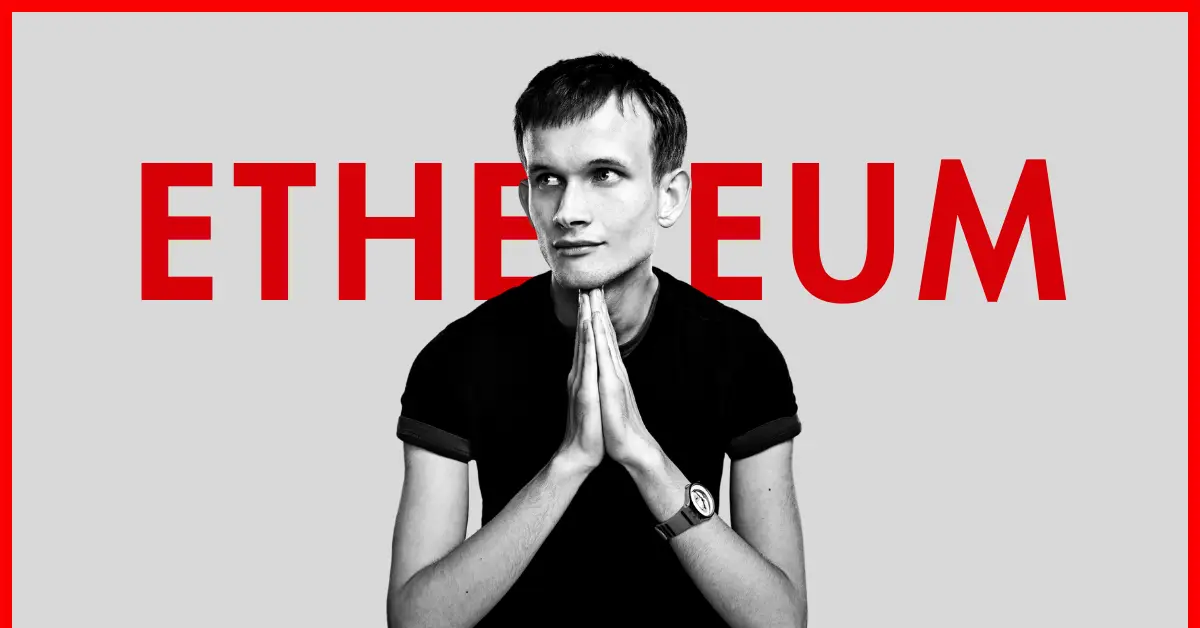
Vitalik Buterin criticizes current US crypto regulation as "Anarcho-Tyranny," which allows bad projects to exist while hindering good ones.
He argues clear projects get treated as securities with strict rules, while unclear ones operate freely.
Buterin proposes a risk-based system and collaboration between regulators and the industry for a balanced crypto regulatory framework.
Ethereum co-founder Vitalik Buterin has sharply criticized the state of cryptocurrency regulation in the United States, calling it “Anarcho-Tyranny.” He argues that this contradictory approach stifles real innovation while allowing less credible projects to thrive.
His comments come as the SEC ramps up its regulatory actions, sparking a debate on the future of crypto oversight. Dive in to find out!
What Is “Anarcho-Tyranny”?
So, what does “Anarcho-Tyranny” mean? Simply put, it describes a situation where the government fails to enforce laws against harmful activities (creating a sense of anarchy) but imposes excessive rules on honest, law-abiding citizens (resulting in tyranny). This creates a confusing and flawed regulatory environment.
Buterin believes that the current regulatory system allows projects with vague promises to operate freely, while those offering clear and transparent information face strict regulations and are often classified as securities. He argues that this inconsistency discourages real innovation in the industry.
SEC’s Increased Scrutiny
Buterin’s call for change comes during a period of intensified regulatory actions by the SEC under Chairman Gary Gensler. The agency has filed several lawsuits aiming to classify various cryptocurrencies as securities. Recently, the SEC targeted ConsenSys, accusing its MetaMask wallet of violating securities laws with its swapping and staking services. This aggressive approach has drawn criticism from industry groups like the Blockchain Association and the Crypto Freedom Alliance of Texas, who claim the SEC is overstepping its authority.
A New Approach to Regulation
Buterin suggests a different regulatory approach. He proposes making it riskier to issue tokens without a clear, long-term value proposition while supporting projects that have transparent and credible plans. He believes that creating a balanced regulatory framework requires cooperation between regulators and the crypto industry.
In conclusion, Buterin’s call for balanced regulation highlights the need for a more thoughtful approach that encourages innovation while protecting investors. His insights are shaping the ongoing debate about the future of crypto regulation, pushing for a more supportive environment for genuine projects.
Read Also: Ripple vs SEC: A Trend Setter for the Entire Crypto Community
The future of crypto regulation hinges on the industry’s response to Buterin’s call for reform.






